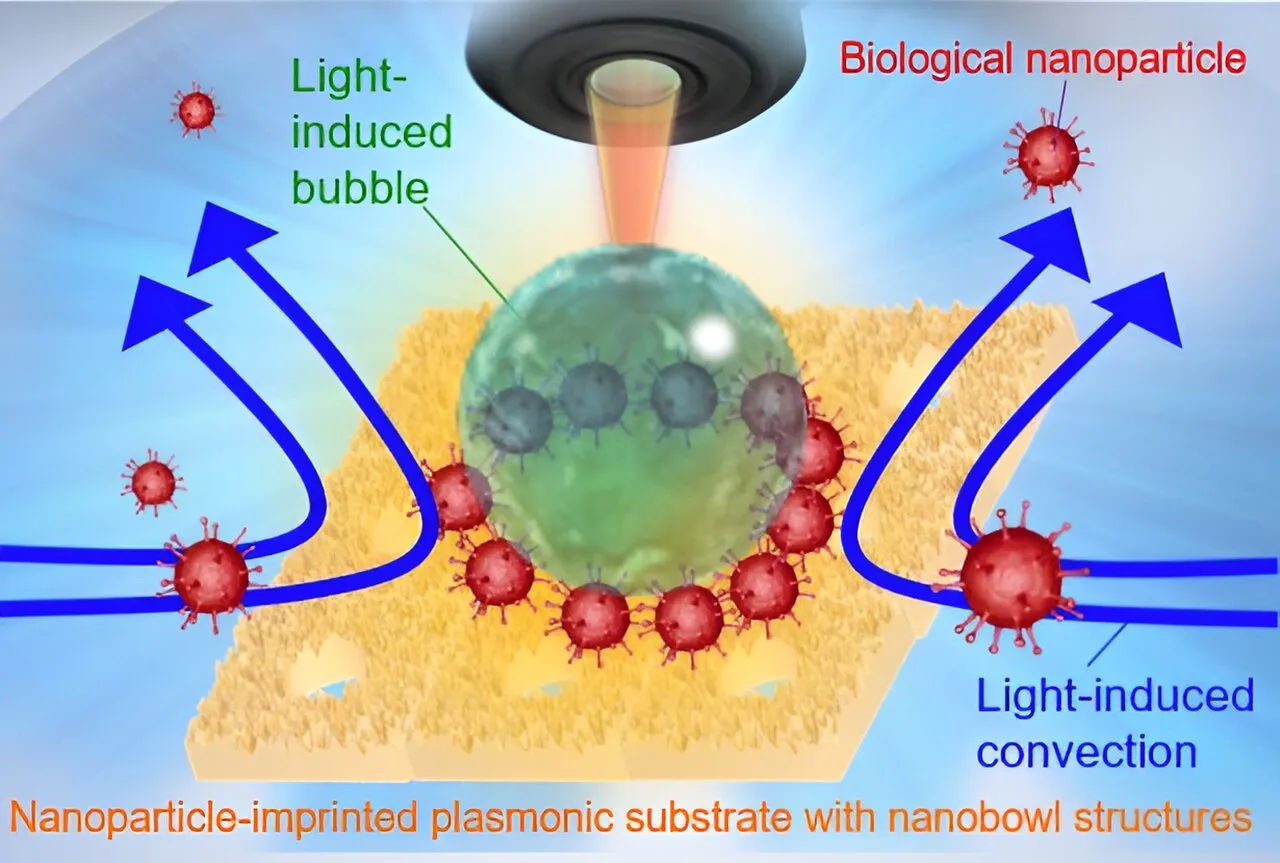Science News: Light-Induced Immunoassay for Rapid Detection of Coronavirus Spike Proteins

Innovative Diagnostics Through Light Technology
In the ever-advancing landscape of science, recent developments highlight a significant breakthrough in diagnostics. Researchers employed a light-induced immunoassay capable of selectively detecting coronavirus spike proteins in five minutes. This method not only exemplifies rapid detection but also opens avenues for improving materials used in various technologies.
How It Works
This technology utilizes light to propel microbial movement, allowing for efficient analysis of samples. The research team from Osaka Metropolitan University’s Research Institute for Light-induced Acceleration System (RILACS) innovatively designed the system to significantly enhance the speed and accuracy of the test.
Potential Impact on Public Health
The implications of this discovery are profound, potentially transforming how we respond to disease outbreaks. With a rapid detection system, public health responses can be more efficient, ultimately leading to better outcomes in managing infectious diseases.
This article was prepared using information from open sources in accordance with the principles of Ethical Policy. The editorial team is not responsible for absolute accuracy, as it relies on data from the sources referenced.